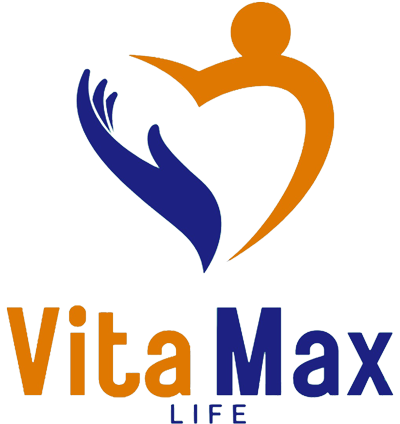
Zinc 50 mg
Herbal Forest Zinc 50 mg:
Boosts immune function
May shorten duration and severity of common cold
Essential for proper brain and nerve function
Optimizes wound healing
Assists with vision health
May increase testosterone levels in men
Zinc is one of many essential trace minerals that the body needs to function at its peak. One of the best qualities of zinc is that it is a phenomenal immune system booster that will help protect against colds and upper respiratory conditions. Zinc is also involved in numerous aspects of cellular metabolism, protein synthesis, wound healing, blood clotting, proper thyroid function, vision health, promotes normal cell division and is required for proper sense of taste and smell.
Zinc is found in a variety of foods which include meat, poultry and fish. For those that do not consume enough zinc in their diet, a supplement would be essential.
Because of its immune boosting capabilities, zinc has also shown benefit to help destroy Candida or yeast infections. This effect may be enhanced by combining zinc with vitamins A, C and E.
Zinc to Assist With the Common Cold
Evidence suggests that if zinc is taken within 24 hours after cold symptoms start, the supplement can help shorten the duration and severity of the cold.
Zinc’s Role in Would Healing
Zinc plays a role in maintaining skin integrity and structure. People who have chronic wounds or ulcers often have a zinc deficiency. Zinc is often used in skin creams, such as zinc oxide, for treating sunburn, rashes and other skin irritations. Using a zinc product on a would may also help relieve inflammation and reduce bacterial growth.
Zinc Effects of Learning and Memory
Research conducted at the University of Toronto and published in the journal “Neuron” suggested that zinc has a crucial role in regulating how neurons communicate with one another, affecting how memories are formed and how we learn.
Zinc Helps Decrease Risk of Age-Related Chronic Diseases
A study from researchers at Oregon State University have found that improving zinc status through diet and supplementation may reduce the risk of inflammatory disease. It has been known for decades that zinc has a significant role in immune function. Deficiency has been linked to increased inflammation in chronic disease and triggering new inflammatory processes.
Zinc Helps Prevent Age-Related Macular Degeneration
Zinc plays a key role in maintaining vision and it is present in high concentrations in the eye. Zinc deficiency can alter vision, and severe deficiency can cause changes in the retina itself. Research suggest that oral zinc might slow the progression of macular degeneration by preventing cellular damage in the retina.
Zinc For Men
Men may benefit from zinc for two common problems. The hormone testosterone requires zinc for its production. Infertility resulting from low testosterone levels may respond to increased zinc intake. Symptoms resulting from an enlarged prostate or benign prostatic hyperplasia (BPH) may also be relieved with additional zinc.
Zinc Deficiency
Normal zinc deficiency is due to insufficient dietary intake. However, it may also be due to malabsorption and chronic illness such as diabetes, cancer, liver disease and sickle cell disease. Zinc deficiency symptoms include:
- loss of appetite
- anemia
- slow wound healing
- skin conditions such as acne or eczema
- abnormal taste and smell
- depressed growth
- altered cognition
- diarrhea
- hair loss
© 2025 Vitamax Life. All Rights Reserved.


